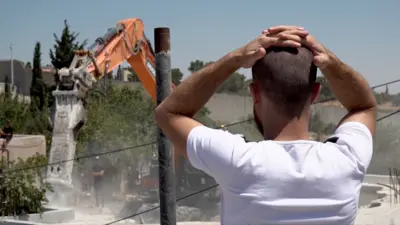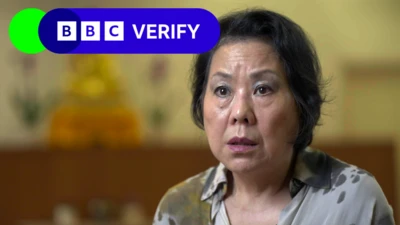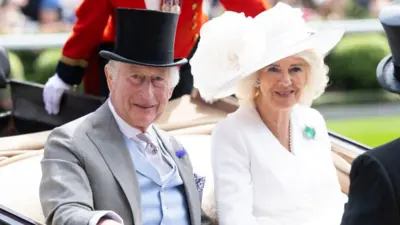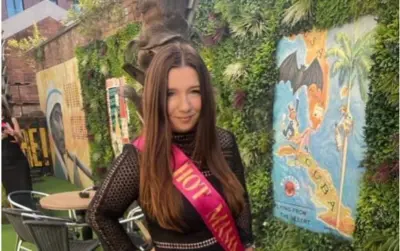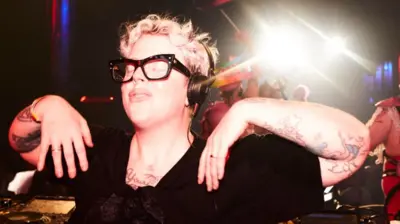We've updated our Privacy and Cookies Policy
We've made some important changes to our Privacy and Cookies Policy and we want you to know what this means for you and your data.
The Ice Bucket Challenges that may have changed the medical world
Image source, YouTube
- Author, Michael Baggs
- Role, Newsbeat reporter
In 2014, thousands of people, including lots of celebrities, were soaking themselves as part of the ALS Ice Bucket Challenge.
Money raised from the online craze has now resulted in a breakthrough in Motor Neurone Disease (MND or ALS) research.
The University of Massachusetts Medical School's Project MinE was donated $1m from funds raised by the challenge.
It has since discovered the NEK1 gene, which contributes to the kind of MND which is passed on in families.
So that means Tom Hiddleston, Taylor Swift, your brother and his mate may have helped in a major genetic breakthrough.
"This discovery identifies exactly what one of those contributing factors may be towards developing MND," Belinda Cupid, head of research at the UK Motor Neurone Disease Association, tells Newsbeat.
"It's a small thing that won't cause MND on its own but it makes us understand a little bit more so we can develop treatments quicker."
It means getting doused in ice cold water in your garden two years ago could have had a big impact on the medical world.
Celebrities led the Ice Bucket Challenge craze.
"Two years might seem like a long time ago to a lot of people who don't have a connection to Motor Neurone Disease," says Belinda Cupid.
"But to people living with MND and researchers who are working in this area, the Ice Bucket Challenge feels like it was two minutes ago."
The gene was discovered in the US, but the Ice Bucket Challenge also resulted in a huge financial boost to UK based research.
"In the UK, we put Β£5m of the Ice Bucket Challenge money into MND research," she adds.
"I've never seen so much money raised in such a short amount of time for MND. It was phenomenal."
It wasn't just celebrities who got a soaking.
While the discovery of the gene is a big breakthrough for research, familial MND affects just 10% of sufferers. However it could lead to much greater understanding of the disease.
"We're always hoping for a cure but it's more realistic to say what we want to do is stop the disease in its tracks," says Belinda.
"The goal is for someone to go into a doctor's surgery or hospital and say yes, you've got motor neurone disease but take this pill and it won't get any worse."
For a lot of non-famous people, the ice bucket challenge wasn't exactly a success.
The Ice Bucket Challenge may be a 2014 phenomenon but fund raising stunts continue to bring in much needed finances to MND research across the world.
"There's currently a Silent Speaks fundraising and awareness campaign," Belinda says. "Over 80% of people with MND lose their voice, so this is a fantastic way young people can get involved, stay quiet for an hour, a day.
"Some people have even done it for a week."
For more information visit
Find us on Instagram at and follow us on Snapchat, search for bbc_newsbeat
Top Stories
More to explore
Most read
Content is not available


